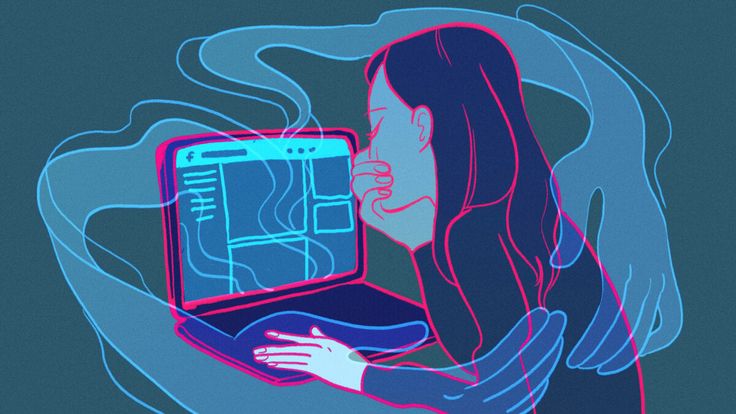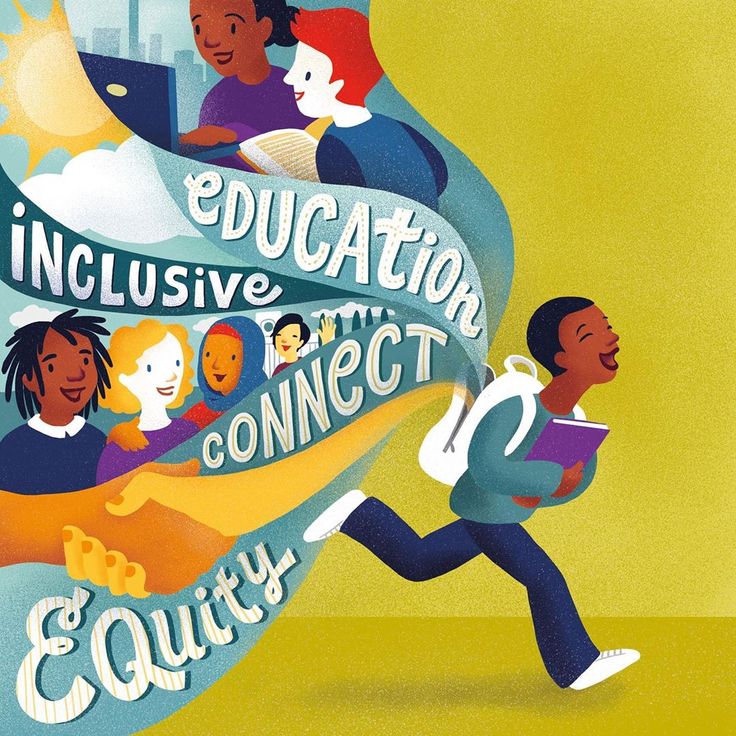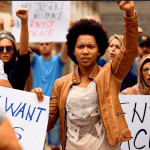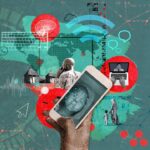Introduction to Media Literacy
Media literacy is an essential skill in the modern digital age, encompassing the ability to access, analyze, evaluate, and create media in various forms. It involves a critical understanding of the diverse media landscape, including social media platforms, news outlets, and digital content, which collectively shape public opinion and behavior. In a world where information spreads rapidly, the capacity to discern credible sources from misinformation is increasingly vital.
The proliferation of media channels has transformed how information is disseminated and consumed. Social media, for instance, allows for real-time sharing of news and personal opinions, often blurring the lines between fact and fiction. News outlets, traditionally seen as gatekeepers of information, now compete with a plethora of online content creators, bloggers, and influencers, each with their own biases and agendas. This democratization of information can be empowering, but it also presents challenges in ensuring the accuracy and reliability of the content consumed by the public.
As individuals navigate this complex media environment, media literacy equips them with the tools to critically assess the reliability of sources, recognize bias, and understand the influence of media on their perceptions and decisions. It encourages a skeptical yet open-minded approach to media consumption, fostering a more informed and engaged citizenry. The importance of media literacy cannot be overstated, as it not only enhances personal decision-making but also contributes to a more discerning and peaceful society.
In summary, media literacy is a cornerstone of contemporary education, empowering individuals to navigate the intricate web of information that defines our digital era. By promoting critical thinking and analytical skills, media literacy helps mitigate the spread of misinformation and fosters a more informed and harmonious society.
The Role of Media Literacy in Combating Misinformation
Media literacy plays a crucial role in helping individuals navigate the complex landscape of information in today’s digital age. By equipping people with essential tools and skills, media literacy empowers them to identify and combat misinformation effectively. One of the fundamental skills provided by media literacy is the ability to fact-check information. This involves cross-referencing data from multiple credible sources to verify its authenticity. Fact-checking is an indispensable tool in discerning truth from falsehoods, particularly in an era where misinformation can spread rapidly through social media and other online platforms.
Another critical aspect of media literacy is the ability to recognize credible sources. This involves understanding the difference between reliable news outlets and those that may have hidden agendas or lack journalistic integrity. Recognizing credible sources helps individuals make informed decisions and form opinions based on accurate information. Furthermore, media literacy involves understanding bias and how it can shape the presentation of information. By being aware of bias, individuals can critically evaluate the content they consume and consider multiple perspectives before arriving at a conclusion.
Misinformation can lead to significant societal harm, including the erosion of trust in institutions, the exacerbation of social divides, and the potential for real-world consequences such as public health crises. For example, during the COVID-19 pandemic, misinformation about the virus and vaccines led to confusion, fear, and in some cases, resistance to public health measures. Media literacy played a pivotal role in counteracting these effects by enabling individuals to access accurate information and debunk false claims.
Real-world cases highlight the effectiveness of media literacy in preventing the spread of false information. For instance, a media literacy campaign in Sweden successfully educated citizens on how to identify and verify credible news sources, leading to a decrease in the spread of misinformation. Similarly, educational programs in schools that focus on media literacy have shown to improve students’ ability to critically assess information and recognize biased or misleading content.
In conclusion, media literacy is an invaluable tool in combating misinformation. By fostering critical thinking, fact-checking, and the ability to recognize credible sources and bias, media literacy contributes significantly to a more informed and peaceful society.
Media Literacy as a Tool for Promoting Critical Thinking and Empathy
Media literacy serves as a fundamental tool in cultivating critical thinking skills and fostering empathy among individuals. In an era where information is abundant and often overwhelming, media literacy empowers people to navigate the complex media landscape with discernment. By teaching individuals to critically evaluate the content they consume, media literacy encourages a questioning attitude towards news sources, advertisements, social media posts, and other media forms. This critical approach enables individuals to differentiate between credible information and misinformation, thereby making more informed decisions.
Furthermore, media literacy plays a significant role in fostering empathy. Understanding and analyzing media content from diverse perspectives helps individuals appreciate the experiences and viewpoints of others. Empathetic communication is crucial in bridging cultural and ideological divides, as it promotes a more inclusive and understanding society. When people are able to see the world through the eyes of others, they are more likely to engage in constructive dialogue and less likely to fall prey to divisive rhetoric.
The importance of media literacy extends to its potential in creating a cohesive society. By equipping individuals with the skills to critically assess media content and understand different perspectives, media literacy can counteract the polarization often seen in today’s world. This can lead to a more nuanced and respectful public discourse, where diverse opinions are acknowledged and valued. Ultimately, media literacy contributes to the development of a more informed, empathetic, and united society.
Strategies for Enhancing Media Literacy in Communities
Enhancing media literacy within communities is crucial for fostering a more informed and peaceful society. Education systems play a pivotal role in this endeavor. By integrating media literacy into school curricula, educators can equip students with the critical thinking skills necessary to navigate the complex media landscape. Programs that teach students how to evaluate sources, recognize bias, and understand the impact of media on public opinion are fundamental. For instance, Finland’s national curriculum mandates media education, resulting in high levels of media literacy among its students.
Community programs also serve as effective vehicles for promoting media literacy. Libraries, community centers, and local organizations can host workshops and seminars that educate citizens about discerning credible information from misinformation. Initiatives like the MediaWise project in the United States have successfully partnered with community groups to deliver in-person and online training sessions aimed at enhancing media literacy skills among diverse populations.
Policy-making is another critical strategy for advancing media literacy. Governments can support and fund media literacy initiatives, ensuring they reach a wide audience. Policies that promote transparency in media ownership and encourage ethical journalism can also contribute to a more media-literate society. The European Commission’s Media Literacy for All program, which funds projects across the EU to improve media literacy, is an exemplary model of how policy can drive progress in this area.
Several successful media literacy programs demonstrate the tangible impact of these strategies. For example, the UK’s NewsWise program, which collaborates with schools to deliver news literacy education, has significantly improved students’ ability to critically engage with news content. Similarly, Australia’s Media Literacy Week raises awareness and provides resources to help citizens develop media literacy skills.
Individuals and organizations can take actionable steps to improve media literacy in their communities. Hosting local media literacy workshops, creating educational content, and advocating for media literacy education in schools are practical ways to contribute. By fostering an environment where media literacy is prioritized, we can collectively work towards a more peaceful and informed society.









